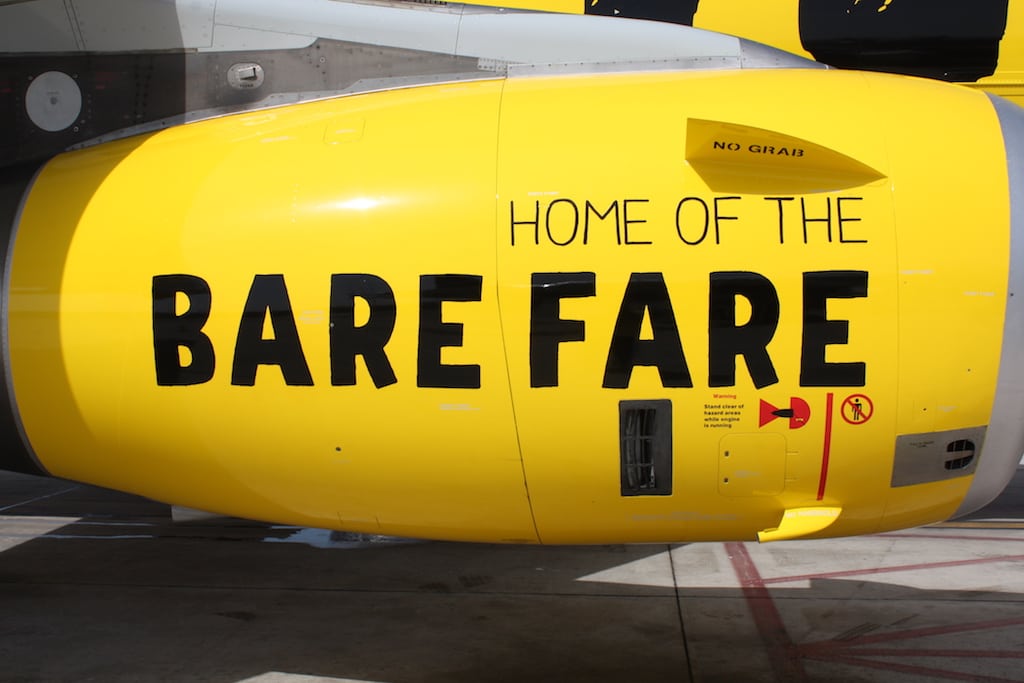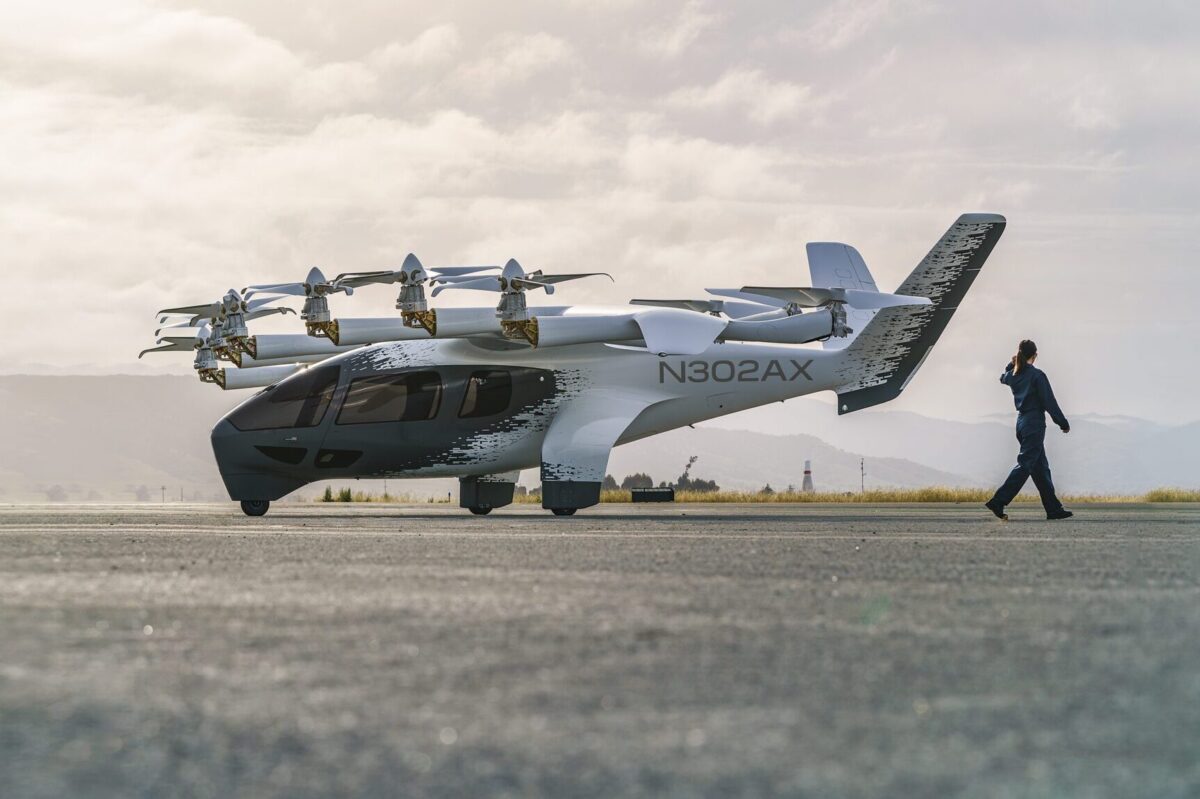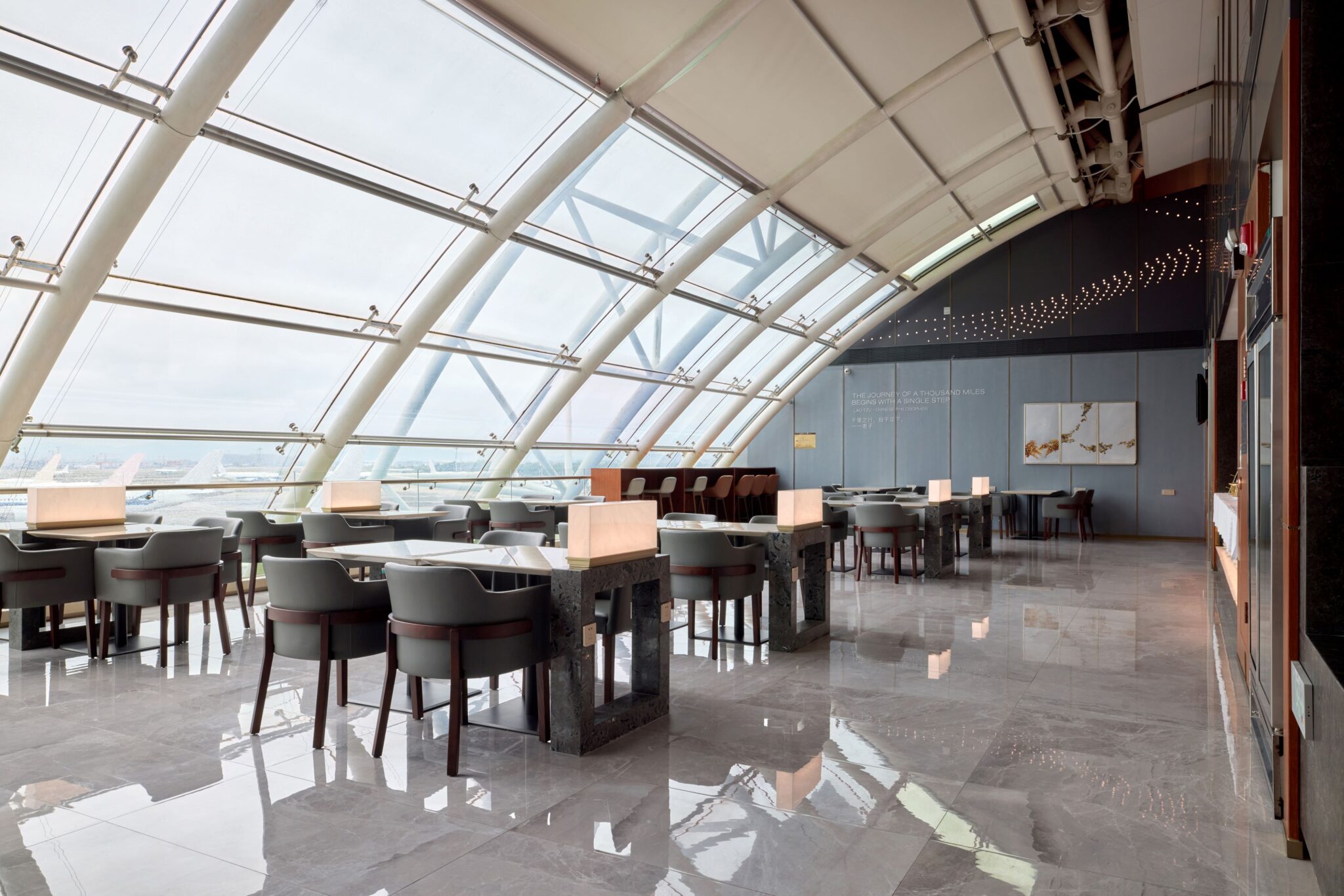Here’s How Spirit Airlines Will Increase Its Revenues

Skift Take
In an effort to boost revenues, Spirit Airlines plans to implement a more sophisticated process to vary the cost of extras, such as advanced seat assignments and bag fees, while it also expands into smaller cities that have less competition, executives said Friday.
Unlike most U.S. carriers, Spirit has been slightly hurt by declining oil prices, since cheap fuel has allowed competitors, especially American Airlines and Southwest Airlines, to more often match or even beat, Spirit’s fares. Spirit has considerably lower fixed costs than larger airlines, but when fuel prices drop, the advantage becomes less pronounced as all carriers pay roughly the same amount for fuel.
“Higher oil, we think, quite frankly will be better for us,” Spirit CEO Bob Fornaro said.
Speaking Friday on the airline’s second quarter earnings call, Fornaro said Southwest recently tried to undercut Spirit’s fares on some routes. That’s not a good thing for Spirit, since its main value proposition is that it always offers the lowest base fares.
“It put us in an awkward position where we were not competitive,” Fornaro said. “We saw prices substantially below ours.”
In this case, Spirit dropped its prices, too. But over the long-term, the airline wants to be less susceptible to what Fornaro called “pricing skirmishes” with other airlines.
Spirit will alter its strategy slightly. Part of its new approach calls for it to expand at smaller airports, such as Akron-Canton Airport in Ohio, rather than at the major city airports, like Dallas/Fort Worth and Minneapolis, that had been the airline’s focus. At smaller airports, Spirit faces less head-to-head competition. And from these cities, Spirit expects to focus on carrying passengers to popular vacation destinations, many of them in Florida.
Spirit also said Friday it soon will vary its schedule by season. Instead of operating the same schedule year-round, as it has generally done, Spirit will fly some routes only when demand is high. Routes to Florida, the airline noted, perform better in winter, and do not always require year-round service. Meanwhile, many Northern routes between larger cities are more profitable in summer, when students have summer break.
Ancillary fees
Earning more revenue from from ancillary sales is also a priority.
Between 2006 and 2014, Spirit raised its average non-ticket revenue from $5 per passenger to $55 per passenger by charging travelers for everything from a can of soda to a carry-on bag.
But that revenue has fallen slightly in recent months, with Spirit saying Friday that second-quarter ancillary revenue fell to $51.32 per passenger, off more than 5 percent compared to last year. When fares are so low, Spirt executives said, fewer passengers buy extras.
Since it is now difficult to invent new fees, as Spirit did for years, the airline is focused on varying prices according to demand. It has tried this before – it has raised bag fees in recent years during the busy Christmas holiday season – but the airline said dynamic pricing soon will be more of a priority. As more passengers want an item – perhaps a choice seat on a busy route during peak times – its price may increase.
Spirit also is expecting to introduce a new website late this year “that will allow improved merchandising,” Fornaro said.
CFO Ted Christie said the airline is evaluating whether to re-bundle some of its products, allowing customers took book a higher fare that includes some popular extras. Ryanair in Europe has taken this approach, partly to attract business travelers willing to pay more for a slightly better experience.
“For us, the unbundled strategy has proven very successful for us over the years,” Christie said. “We are still a big proponent of that idea, but there are going to be some customers over time who value a bundle.”




